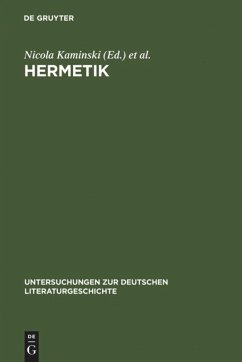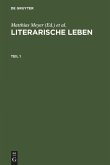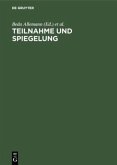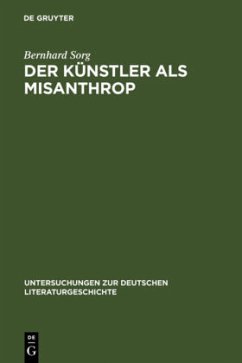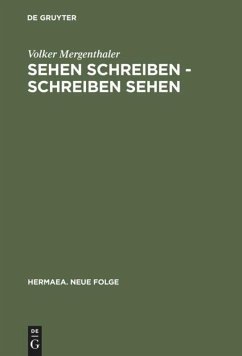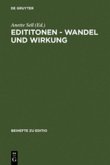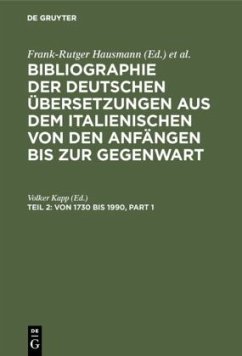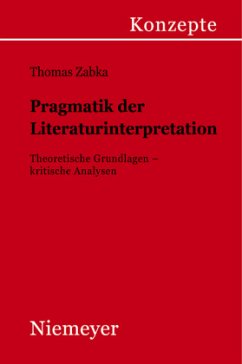On the occasion of Hans-Georg Kemper's 60th birthday, nine literary scholars and a theologian assemble for an exchange of views on 'hermeticism', a phenomenon that by its very definition should defy any kind of access whatsoever. This makes it doubly intriguing to trace the legacy of the hermetic tradition that in the early modern age 'migrated' from theology to poetry. This is undertaken here with reference notably to texts from the 18th century and (following what is ostensibly an entirely different hermetic paradigm) the 20th century. In the process, a whole range of retrospective and anticipatory features (from pre-Biblical times to the 21st century) illustrate the complex interrelations covertly operative across what appears to be a clear caesura in the history of the concept.
Neun Literaturwissenschaftler und ein Theologe haben sich aus Anlaß des 60. Geburtstags von Hans-Georg Kemper zu einem Austausch über "Hermetik" versammelt - und damit über ein Phänomen, das sich per definitionem jedwedem Zugriff entzieht. Um so spannender ist es, den Filiationen der in der frühen Neuzeit aus der Theologie in die Poesie "ausgewanderten" hermetischen Tradition nachzuspüren: in Texten vor allem des 18. und, scheinbar einem ganz anderen Paradigma von "hermetisch" folgend, des 20. Jahrhunderts, wobei jedoch vielfältige Rück- und Vorgriffe (von biblischer Zeit bis ins 21. Jahrhundert) hinter einer vermeintlich klar zäsurierten Begriffsgeschichte komplexe Verschränkungen kenntlich werden lassen.
Neun Literaturwissenschaftler und ein Theologe haben sich aus Anlaß des 60. Geburtstags von Hans-Georg Kemper zu einem Austausch über "Hermetik" versammelt - und damit über ein Phänomen, das sich per definitionem jedwedem Zugriff entzieht. Um so spannender ist es, den Filiationen der in der frühen Neuzeit aus der Theologie in die Poesie "ausgewanderten" hermetischen Tradition nachzuspüren: in Texten vor allem des 18. und, scheinbar einem ganz anderen Paradigma von "hermetisch" folgend, des 20. Jahrhunderts, wobei jedoch vielfältige Rück- und Vorgriffe (von biblischer Zeit bis ins 21. Jahrhundert) hinter einer vermeintlich klar zäsurierten Begriffsgeschichte komplexe Verschränkungen kenntlich werden lassen.

